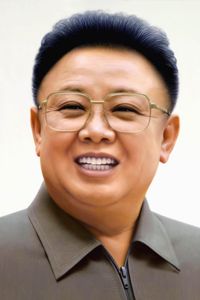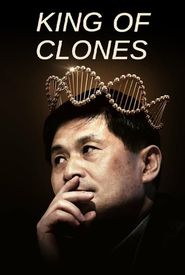Kim Jong-IL, a prominent North Korean politician, was born Yuri Irsenovich Kim, and went on to become the second supreme leader of North Korea, holding the esteemed position from 1994 to 2011. During his tenure, he skillfully guided the country through a pivotal period, following the 1994 demise of his illustrious father, Kim Il-sung, the first Supreme Leader, who had founded the Democratic People's Republic of Korea.
Kim Jong-IL's leadership was marked by a strong sense of continuity with his father's legacy, as he worked tirelessly to maintain the country's socialist system and reinforce its isolationist policies. Despite facing numerous challenges, including international sanctions and economic hardship, Kim Jong-IL remained steadfast in his commitment to the principles of Marxism-Leninism and the Juche ideology, which emphasized North Korea's self-reliance and autonomy.
Throughout his reign, Kim Jong-IL was known for his authoritarian style of governance, which was characterized by strict control over the media, the military, and the economy. He was also infamous for his lavish spending habits, which included the construction of elaborate palaces and the development of a vast network of underground tunnels and bunkers.
In the final years of his life, Kim Jong-IL's health began to decline, and he suffered a series of strokes that left him partially paralyzed. Despite these challenges, he continued to wield significant influence over North Korean politics until his death in 2011, when he was succeeded by his youngest son, Kim Jong-UN, who would go on to become the third Supreme Leader of North Korea.































